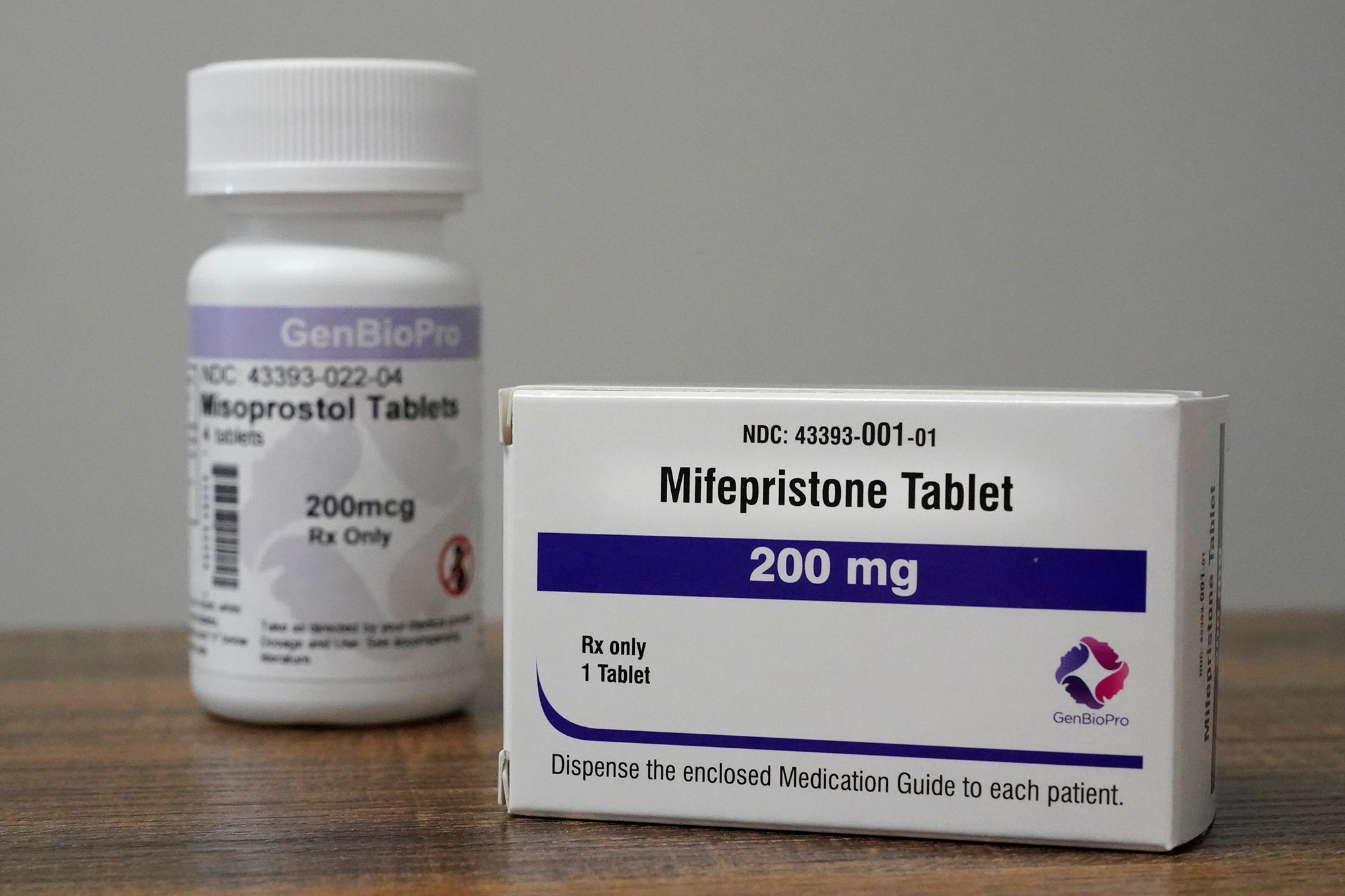Wisconsin Attorney General Josh Kaul has joined a coalition challenging a recent federal court decision that would restrict access to abortion care nationwide.
The group of attorneys general from 24 states filed an amicus brief Tuesday calling for a stay of a decision from a federal judge in Texas last week that would restrict access to mifepristone, a drug used for medication abortion and miscarriage management.
In the brief, the group argued that limiting access to the drug will endanger the lives of pregnant people. They also said that the decision interferes with states’ rights.
News with a little more humanity
WPR’s “Wisconsin Today” newsletter keeps you connected to the state you love without feeling overwhelmed. No paywall. No agenda. No corporate filter.
“Mifepristone has been used safely for years, and the misguided district court order that would prevent the use of mifepristone must be blocked,” Kaul said in a statement.
Mifepristone is a synthetic steroid that blocks progesterone, a hormone that helps a body maintain a pregnancy. It has been approved by the Food and Drug Administration for more than 20 years for both medication abortion and miscarriage management. Last week, Texas-based U.S. District Judge Matthew Kacsmaryk ruled the FDA’s approval of the drug more than two decades ago was improper, issuing a nationwide injunction that would pause the federal agency’s approval.
The decision gave the federal government and the drug’s manufacturers a week to appeal.
In the amicus brief challenging Kacsmaryk’s decision, Kaul and other attorneys general argued the district court’s order “threatens devastating consequences nationwide.” They said it could lead to more second-trimester abortions as people face fewer options for earlier abortions, “with a resulting increase in health risks, costs, and delays.”
Medication abortion accounts for more than half of all abortions administered in the U.S. Mifepristone is one half of a drug regimen, together with misoprostol, taken to halt the development of a pregnancy. Abortion supporters say lack of access to these approved drugs will lead people to seek unsafe or unsupervised alternatives for terminating a pregnancy.
Abortion access became a matter of state law last summer, after the U.S. Supreme Court overturned Roe vs. Wade. In Wisconsin, that triggered an immediate reinstatement of a ban on abortion first written in 1849. Kaul filed a lawsuit last summer challenging that ban.
That state ban applies to medication abortion. Under Wisconsin state law, it is a felony to terminate a pregnancy except in very rare instances. That means that it is also illegal to have abortion pills sent to a Wisconsin address, according to Planned Parenthood.
Wisconsin anti-abortion groups told Wisconsin Public Radio they support the Texas court order.
“Wisconsin Right to Life has long advocated for healthcare and support for women and their preborn children, both of which are at risk with the use of mifepristone when taken as part of a chemical abortion,” Gracie Skogman, legislative director for Wisconsin Right to Life, said in an email.
The fate of the Texas court decision is unclear, because a federal judge in Washington state issued a separate ruling that found that the FDA may not change “the status quo and rights as it relates to the availability of Mifepristone.” The contradiction between those two decisions may need to be resolved by the U.S. Supreme Court.
Wisconsin Public Radio, © Copyright 2025, Board of Regents of the University of Wisconsin System and Wisconsin Educational Communications Board.







